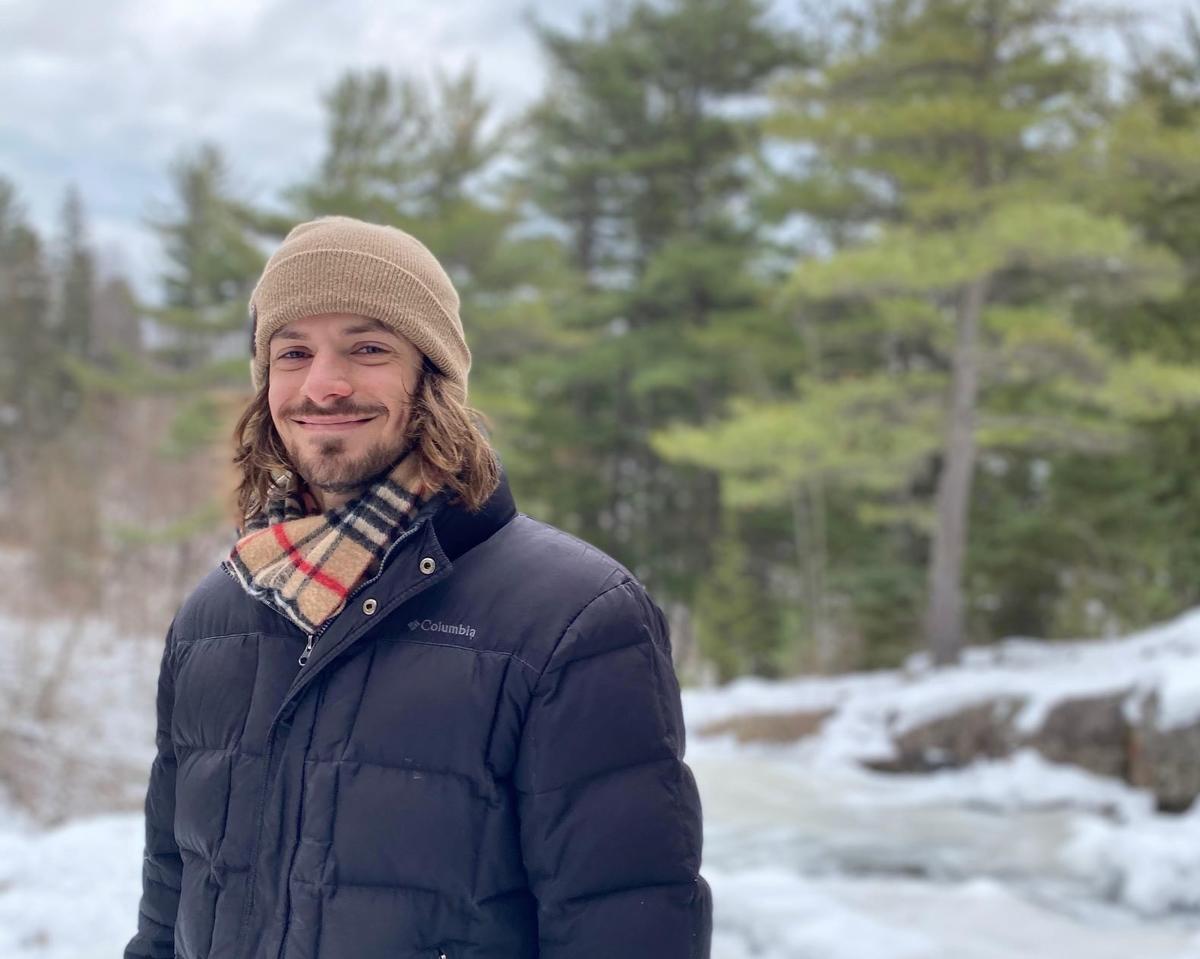What has your first-year post-graduation been like?
Following graduation, I started my Master’s of Science in Applied Economics at the U of M – Twin Cities. When I entered the program, I was fortunate to acquire a Graduate Research Assistantship (GRA) with Dr. Hikaru Hanawa Peterson constructing a local foodshed analysis of the Twin-Cities MSA and Western Wisconsin.
How do you like the Applied Economics program at the U of M - TC?
The Applied Economics program has been an incredible experience. Over the course of the first year, I took many courses that shifted my perspective and introduced me to new career paths. For example, my econometrics courses were taught not just through the lens of math and statistics but with coding. I found that I really enjoy the coding aspect of economics and plan to build on that interest. Another great characteristic of the program is the relationship students can build with professors. These relationships tend to be a great mix of casual and professionalism, providing a sense of open-mindedness and mentorship between the student and professor. I recall in the Fall, struggling to find what I was studying to be important and feeling lost in terms of a career path. Fortunately, because of the dynamic mentioned before I felt comfortable reaching out and gaining the perspective of many professors in the department. Overall, I have greatly enjoyed my experience at the U of M – TC and would highly recommend the program to anyone interested.
How did your experience at the BBER prepare you for your current program?
The BBER sparked my interest in the data and econometrics side of economics. Using the IMPLAN software and creating visualizations in Excel has helped me in my GRA work. Also, the BBER helped me practice working with teams in a professional setting. Working on projects in a small office pushed me to listen to my peers and allowed me to understand different perspectives on how to approach problems. The BBER also inspired me to take the next step in my education.
What are your plans after grad school?
Ideally, following my master’s degree, I would like to pursue a PhD in Applied Economics at the U of M. Understanding that this is a competitive program I also plan on applying for jobs where I can apply the data methods I have learned as a graduate student these past two years.
When you look deep into your soul, would you say you are more of a gopher or a bulldog?
This is such a difficult question to answer! Growing up I was major gopher fan; I had always wanted to be a gopher. However, attending UMD was an incredible experience: meeting some of my closest friends, working at the BBER, and experiencing all that the City of Duluth has to offer. Both schools are incredible, and I wouldn’t be who I am today if it wasn’t for both of them.
What do you miss most about Duluth?
There are so many things that I miss about Duluth. I miss the lake, the trails, and the relationships that I built over the past three years as an undergrad. When I catch myself daydreaming about the city, I find that I am thinking about the breweries and restaurants (Burrito Union and Duluth Grill), the early drive into the office and seeing the sunrise over the lake. I hope to make at least one yearly trip back up to the Duluth to experience all the great aspects it has to offer.
